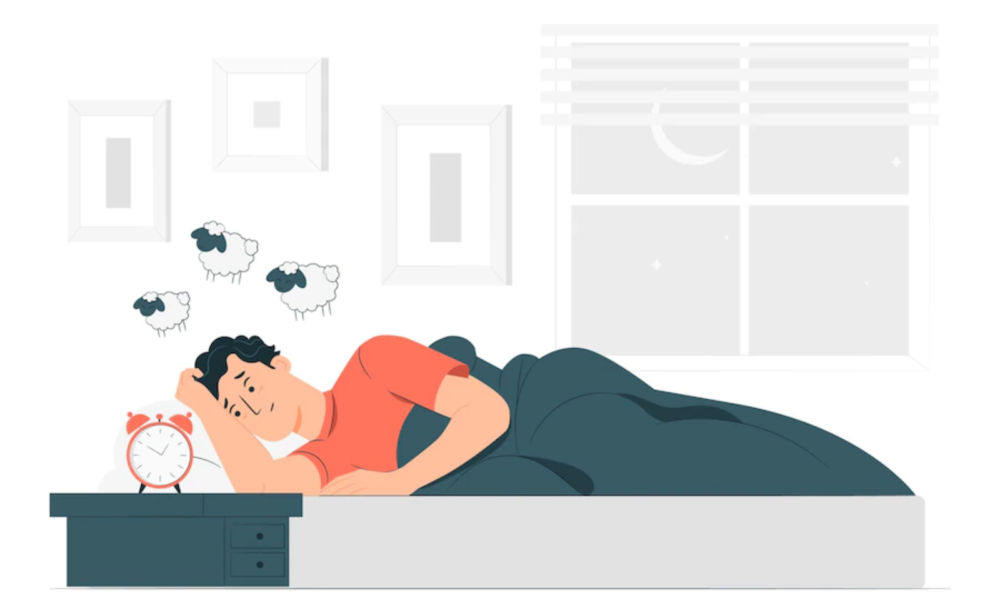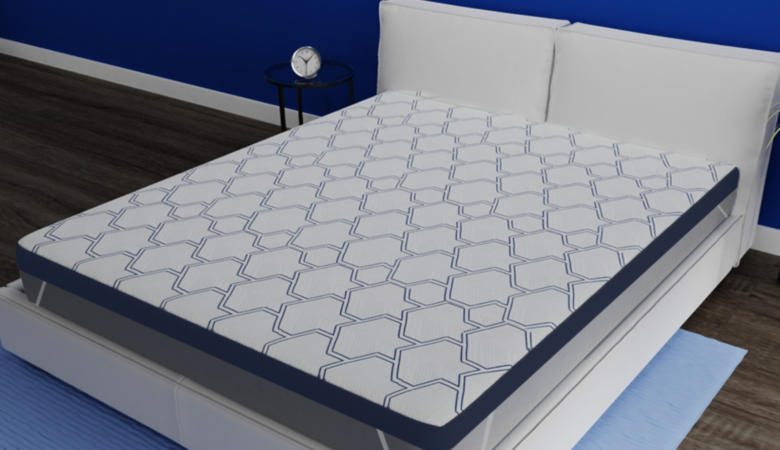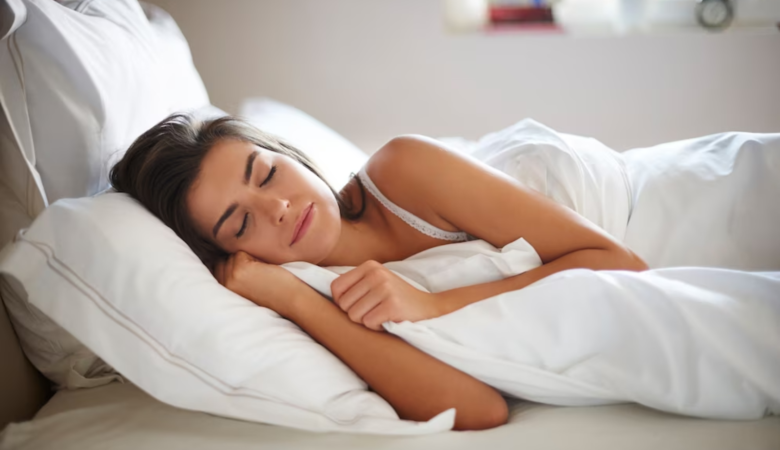Insufficiency in sleep can make you experience exhaustion. If you can’t sleep properly, you’re not alone. According to the National Sleep Foundation, around one-third of adults claim that they, on a regular basis, receive less sleep than the amount that is advised for them. The failure to acquire an adequate amount of sleep can also lead to some rather serious effects. It can cause a person to gain weight, be less productive, experience mood swings, and have a whole variety of other problems.
If you’re facing hitches falling asleep at night, it could be due to any one of the given factors in the blog or even a combination of several of them. Continue reading to find out more information about six typical causes of sleep deprivation and what you can do to remedy each of those problems.
Can a Good Mattress Help?
Getting the best mattress as per your body requirements, like a foam mattress, latex mattress etc., can help with a good night’s sleep. If you have a medical history of body aches, then getting a memory foam mattress or an orthopaedic Livpure mattress is the best mattress for back pain. A medium-firm mattress, especially one that can be adjusted to different levels of firmness, has been shown to be the most beneficial for sleep quality, spinal health, and overall comfort.
Mattresses can also be customised as per your bed size; for instance, if you have king size bed, then a king size mattressor a double bed size mattress can be made available. You can also opt for a foldable mattress if room space is the problem.
6 Common Reasons for Sleep Deprivation
There is likely more than one factor at play if you aren’t obtaining the recommended amount of sleep each night. In order to find adequate treatment, it is necessary to find the primary reason (or reasons) for the problem. The following are six common contributors to a lack of sleep:
1. You’re Stressed Out
Stress is one of the most common factors that contribute to a lack of sleep. When your mind is constantly racing with anxious thoughts, it might be difficult to relax to the point where you can fall asleep. If you have hitches falling asleep at night because you can’t stop thinking about all you have to get done the next day, here are some suggestions that can be helpful:
-Try out some other methods for unwinding, such as slow, deep breathing or progressive muscle relaxation.
-Before you go to bed, jot down your concerns in a journal and then put the journal away until the morning.
-Avoid doing activities that keep you awake, such as watching television or working on a computer, in the hours before going to bed.
-Before going to bed, establish a regular, soothing routine for yourself, such as taking a bath or reading a book.
2. You’re Drinking Caffeine Too Late in the day
Did you know that caffeine may remain in your system for up to eight hours? Most people know that caffeine gives a kick, but did you realise that it can stay there for that long? This indicates that even if you have a cup of coffee at three in the afternoon, it may still be influencing your capacity to sleep at eleven at night. To prevent this from happening, you should stop drinking caffeine no later than the early afternoon.
3. You’re Eating Too Much before Bedtime
Consuming an excessive amount of food before going to bed can result in indigestion and heartburn, both of which can make it challenging to get to sleep and remain asleep during the night. It is advised that you take your final meal or snack for at least three hours before going to bed in order to avoid this happening.
4. You Have an Overactive Bladder
It is tough to get a decent night’s rest when you have an overactive bladder since it might lead you to get up many times throughout the night to use the restroom. This makes it evident that getting a good night’s sleep is challenging. If you find that this is an issue for you, avoid drinking fluids for at least two hours before going to bed, and make it a point to use the restroom right before getting into bed so that your bladder isn’t already full when you lie down.
5. You Have Restless Leg Syndrome
If you have RLS, you could find that when you’re attempting to sleep, you have an overwhelming urge to move your legs. Even though RLS has no known treatment at the moment, there are a variety of therapeutic options available that can assist with the management of symptoms. Making adjustments to one’s lifestyle, such as participating in regular exercise and staying away from caffeine, may be helpful for some people who suffer from restless legs syndrome (RLS).
6. You Aren’t Sleeping in a comfortable environment
It is possible that you will have difficulty falling asleep if your bedroom is not sufficiently dark, calm, and chilly. Installing room-darkening shades of wall paint or dark colour curtains can help create an environment that is more favourable to getting a good night’s sleep. Make use of earplugs, a noise-cancellation machine, or both. Turn the tepidity of the air conditioner down as low as it will go, or use a fan. Invest in a comfy queen mattress and pillow.
Conclusion
If you’re finding it difficult to get a good night’s rest, one of these six causes may be to blame. By identifying the cause (or causes) of your sleep deprivation and making some simple changes to your lifestyle or environment. Get yourself the best mattress so you can start enjoying more restful nights and wake up feeling refreshed and ready to face each day! You can also order a mattress online to explore more options. Livpure provides the best matters online as well as in its stores.








